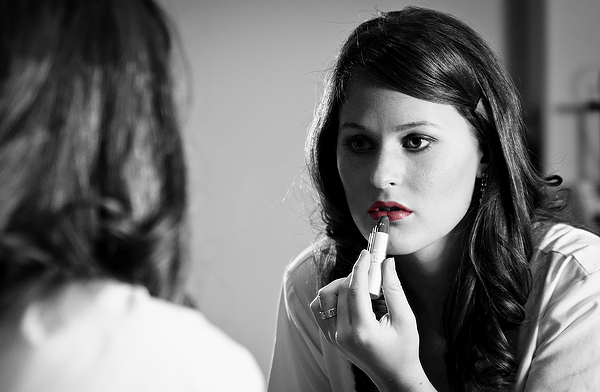When we make our life-choices, our perceptions don’t necessarily represent reality. Since we are never sure of the long-term outcomes, this introduces risk.
It may not be obvious.
Sometimes risk is obvious, like the not-so-happy policewoman you see in the rear-view mirror. Other times, we are unaware of any risk until much later; say, after we drop out of school, marry the wrong person, or run out of money in retirement. The absence of evidence (of risk), is not evidence of absence!
Risk is a four-letter word.
Our perceptions of risk influence how we think about and process information. Tricks of the mind distort how we see ourselves, our circumstances, and those who surround us. We run into problems when we don’t know things we should know (lack of knowledge). Even when we have perfect information, we are often not highly competent in dealing with certain situations (lack of care). At every stage of the decision-making process, our needs, motives, desires, expectations, and the context of the situation may adversely influence our rational judgment.
Questionable beliefs can “trap” logical thinking and undermine decisions, say business decision experts John S. Hammond, Ralph L. Keeney, and Howard Raiffa (1998). For young persons with little life-experience, these traps may be particularly acute. Many are prone to unreasonable optimism about their future and overconfidence in their own relative abilities (confidence traps). They often rely on stereotypes that help continue their same-o, same-o attitudes and behavior unless the incentive to change is compelling (framing traps). Finally, many young persons lack maturity in predicting their future behavior and fulfilling their intentions (maturity traps). NeXters, these traps* can sabotage your personal economic future!
The bottom line.
What happens? We end up making bad choices. And—like a werewolf—some outcomes will return to haunt us many moons down the road. It is human nature to blame the consequences of our flawed decisions on external factors. If we truly accept responsibility for our actions, however, we see that the real challenge in making smart life-choices lies within us. Pause and look in the mirror dude(ette). Who cuts your slice of the pie? YOU DO!
The whole point of life is learning to live with the consequences of the bad decision we’ve made.
~ Sherrilyn Kenyon
Learn more about this, and other interesting topics, in the Young Person’s Guide to Wisdom, Power, and Life Success.
Image credit: “Putting on lipstick” by Robert Bejil (2010), licensed/modified (color added) under CC BY 2.0.





















